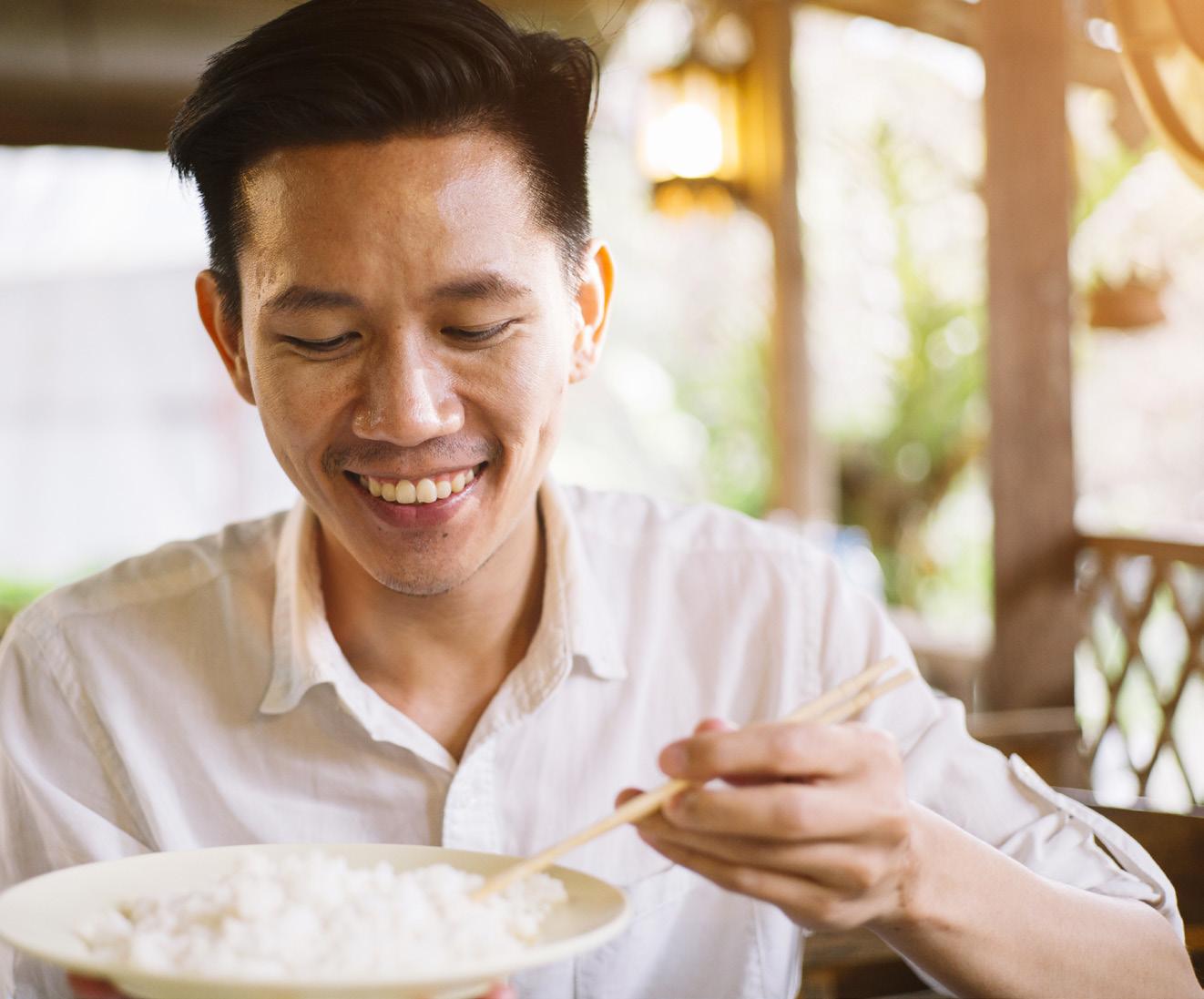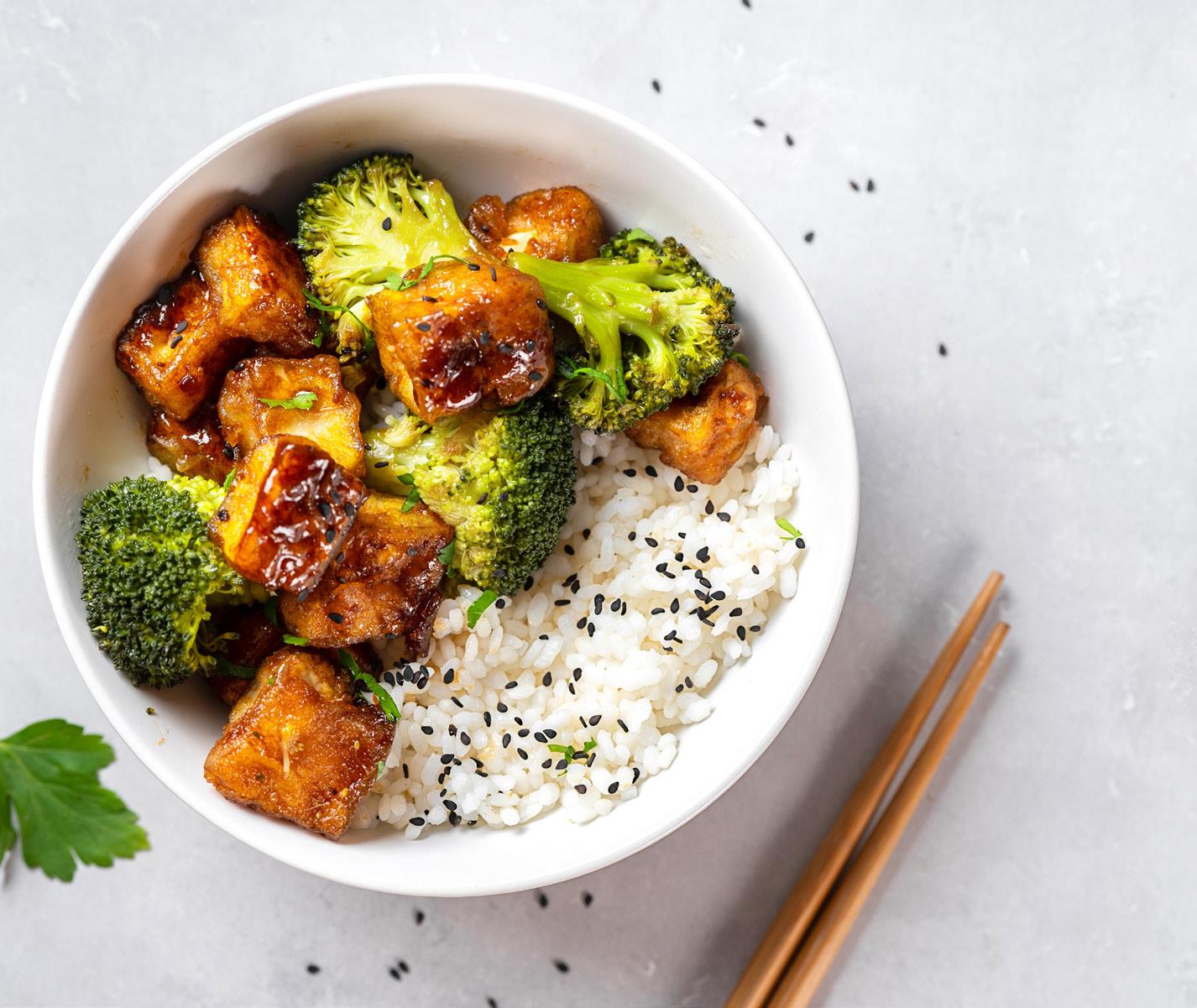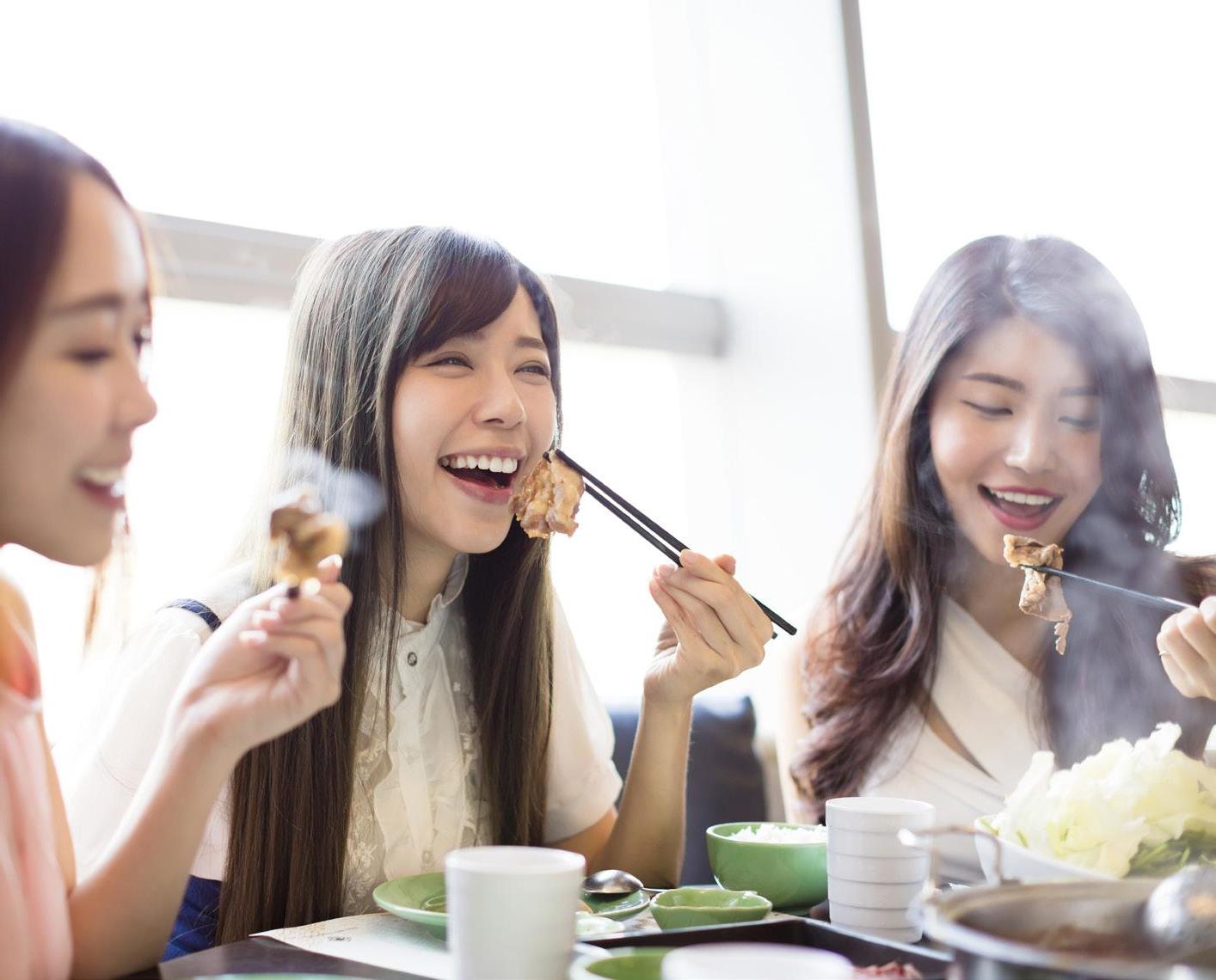
3 minute read
Proactive living: Consumers in China are adopting a holistic approach to health
Concern about health and wellness is something that will have been accelerated by the COVID-19 pandemic in China and even with the virus under control (at the time of writing) compared to European nations, consumers are demonstrating a high level of urgency about their health and wellness.
This is resulting in consumers wanting to adopt a long-term and holistic approach to health, looking to address a variety of areas relating to physical and cognitive health. Consumers want to stay fit and active until later in life and reduce their vulnerability to disease and illness. This mindset will be driven in part by the recognition that both diets and lifestyles are not as healthy as they could be, something which increases the risk of immediate and long-term health problems.
As consumers look to improve their physical and mental wellbeing, they will seek out products that help facilitate this. Despite their best intentions, consumers can often struggle to stick to dietary plans in the long-term. This is why obesity rates in the country continue to rise, despite many saying that they are more committed than ever to eating and drinking healthily, for instance. Better-for-you products need to be deemed compromise-free and hassle-free from a taste, cost, and convenience perspective, so that they can easily be incorporated into daily diets.
Do you plan to make improvements to any of the following areas of your health over the next twelve months? China - Top ten trends
54% 55% 63% 68% 77%
My digestive health My energy levels My general health and wellness My immunity My heart health
Source: Personalized nutrition survey -2020 (2,000 respondents)
Safe and secure: Risk aversion is something of high importance to consumers in China
Given that COVID-19 is touted as emerging from China, it is no surprise that consumers in the country have become more risk averse over the last twelve months. Indeed, consumers have questioned certain aspects of their lives that they took for granted previously, as they look to minimise their risk of exposure to germs, viruses, and bacteria. Whilst the virus is under control in China, much attention is being given to hygiene practices which may have accelerated the spread of the virus, new variants of the disease in other countries, and the risk posed of transporting the disease via product imports. As such, risk aversion is something that will continue to be of high priority within the country for some time to come. For instance, some consumers will continue to stick to social distancing practices, even after such restrictions have been relaxed.
Consumers will want more information than ever before in relation to the products that they purchase. The country of origin of products will be something of high importance to consumers, as will reassurance over safety and hygiene initiatives throughout the development and distribution of products. In addition, consumers will also place more importance on packaging, as they revaluate the role of packaging in ensuring products are kept safe and in optimal condition. Ideally, packaging will be deemed safe and sustainable. Overall, consumers will want more information on the products that they purchase than before, and it will be crucial that brands provide this.
Compared to many other countries across the globe, the Chinese economy has remained relatively resilient to the impact of the pandemic. However, this doesn’t mean that all consumers have been hit financially as a result of the virus outbreak. Many consumers will now be more conscious about everyday living costs and will be shopping around to get the best deal possible. This doesn’t necessarily mean they will be looking for the cheapest priced product available. But it does mean they will be paying close attention as to whether products offer good value for money or not.
If brands can demonstrate safety throughout the whole of the supply chain as well as offer reassurance that maximum care and attention has gone into the formulation of products, it will lead to enhanced perceptions of value.











